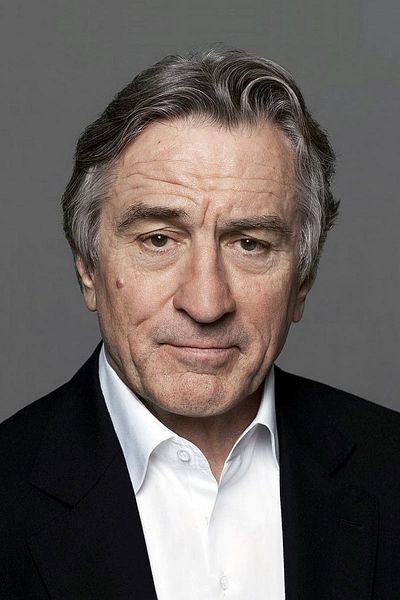Arriving home from World War I, Ernest Burkhart (Leonardo DiCaprio) is taken in by his uncle and local sheriff, William King Hale (Robert DeNiro), at his cattle ranch bordering the tribal lands of the Osage. Now some of the wealthiest people in the US - thanks to massive oil deposits found on their land - the Osage spend their vast wealth on clothes, cars and other pursuits. Ernest is urged to endear himself to Mollie Kile (Lily Gladstone), whose family are in possession of lucrative land. While their marriage is happy at first, soon a violent and sinister plot to murder Osage tribespeople for their oil grants emerges with Ernest and Hale at its centre...
The systematic murder of wealthy Native Americans by a conspiracy of local politicians and white people closest to them may seem like unusual material for Martin Scorsese to take on. Yet, when taken in context with his more recent work, it begins to make sense and has a connection with some of his most celebrated works. For example, 'Killers of the Flower Moon' features a few moments in which one criminal tries to browbeat another into murdering someone with less-than-ideal results - not unlike any of the darkly comic moments in 'Goodfellas'. There are skilful deployments of music, along with Robbie Robertson's driving blues-tinged score in some key moments. Beyond these surface-level trappings, there's an unyielding darkness beneath 'Killers of the Flower Moon' that makes it perhaps one of Scorsese's most disturbing movies. There's a horror and a terror in this that surpasses efforts such as 'Shutter Island' and 'Cape Fear', and far more insidious.
Much of it comes from the casting of Robert DeNiro and Leonardo DiCaprio, who we are introduced to early on and follow as they carry out their truly diabolical scheme to steal the Osage Nation's oil rights. Because it's two titans of acting together on screen in 'Killers of the Flower Moon', there's a kind of misplaced optimism in them, or a belief that DiCaprio's character truly loves his Osage wife, played with true fire by Lily Gladstone. Yet, over the course of three and a half hours, what comes up time and time again is that there is nothing beneath it. They are amoral, riven with greed, and unspeakably evil. Neither of them has compunctions about their actions, and wilfully deceive the very people they claim to love and abide with. The kind of cheerfully blatant violence that's carried out by DiCaprio and DeNiro, either directly or indirectly, is compounded by their greed.
DeNiro is electric and does some of his finest work in years, if not decades, as William King Hale. There's a sinister edge in every scene with him, even when he's doling out comforting platitudes or trying to scheme his way into another pile of cash. DiCaprio, however, gives one of his most uneven performances here. It's not surprising that he changed roles with Jesse Plemons, as he feels miscast and trying to act his way out of every scene by giving into his worst urges. By comparison, Lily Gladstone understands the stillness and reserve, and plays it with unerring grace. The rich supporting cast, including the likes of Brendan Fraser, John Lithgow, Sturgill Simpson, Tantoo Cardinal, and more, all add to the richness of the story and populate it with a real sense of scale and authenticity.
It goes without saying that 'Killers of the Flower Moon' is a long, hard trek through bloody, miserable events. Even when "the good guys" turn up to finally put a stop to things, you get the sense that it's not nearly got to do any good. Scorsese, no stranger to tackling crime, wrestles with the founding crime of American history itself. In the hands of another director, there would be a tendency to inspire hope or end on a high note. Yet in 'Killers of the Flower Moon', there's none of it - only resilience and testimony, and the sombre knowledge that its telling is a small part in a far greater crime committed to an entire people who still remain cheated out of their birthright, and forced to live with the thieves who now claim ownership of stolen land.




















































































